Can Olive Oil Store Flavor From Food Longer?
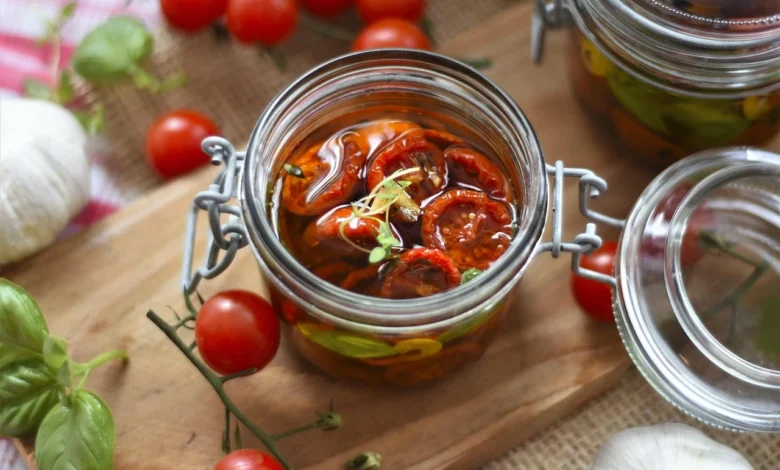
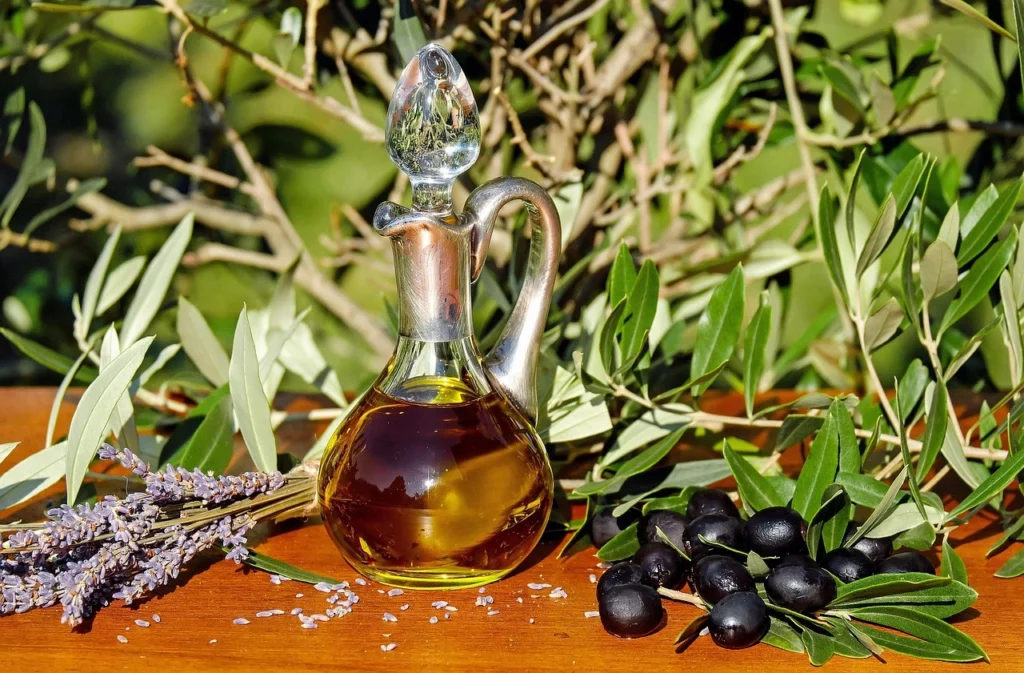
Can Olive Oil Store Flavor from Food Longer?
Olive oil is not just a healthy fat , it can also hold on to the flavors of foods. Many people wonder if olive oil can store the flavor of food for a long time. In this article, we will explore how and why this happens, and how to use it effectively.
What Makes Olive Oil Absorb Flavor?
Olive oil is a natural fat that absorbs flavors very well. When you cook with it or store food in it, the oil takes on some of the taste and smell of the food. This happens because the oil is full of compounds that interact with the ingredients it touches.
The molecules in olive oil are very good at catching and holding flavor particles. For example, if you place garlic, herbs, or chili peppers in olive oil, the oil will slowly take on their taste. This makes flavored olive oils popular in home kitchens and gourmet restaurants. The richer the olive oil, the better it absorbs these natural flavors.
This is also why olive oil works well for making infusions. With time, even just sitting in a jar, the oil can capture deep flavor profiles that last a long time. However, not all oils are the same. Extra virgin olive oil, for instance, works best because it is less processed and more flavorful on its own.
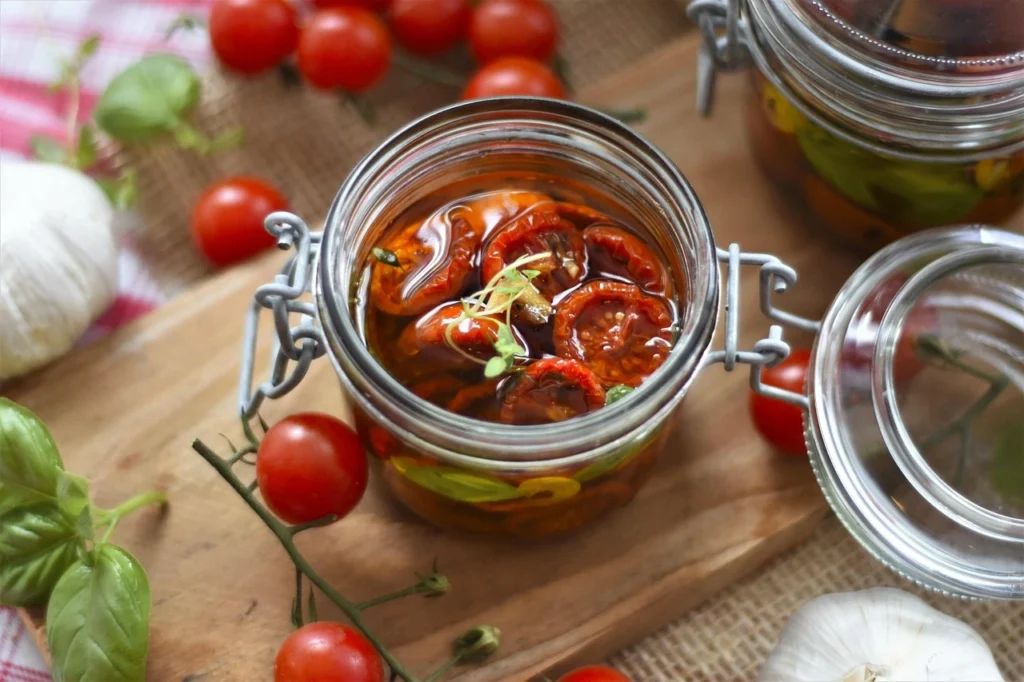
How Long Can Olive Oil Hold Food Flavors?
Olive oil can hold food flavors for weeks or even months, depending on how it is stored. The better you store it, the longer the flavors will stay fresh and strong. Exposure to light, heat, and air can make the flavor fade faster.
To keep flavors strong, always use a clean, dry jar or bottle. Store the flavored oil in a cool, dark place with the lid tightly sealed. This reduces the chance of the oil going bad. On average, flavored olive oil can last for 1–2 months if properly kept.
Still, it’s important to know that fresh flavors are always better. After a few weeks, the taste might become weaker. So, if you make flavored olive oil at home, try using it within a few weeks to enjoy the best flavor.
Why Does Olive Oil Hold Flavor Better Than Other Oils?
Olive oil has a strong chemical makeup that helps it absorb and keep flavors better than many other oils like canola or vegetable oil. It contains antioxidants and natural fats that bind with flavor compounds and lock them in.
The stronger taste of extra virgin olive oil also adds to its power to carry and preserve food flavors. Oils that are highly refined lose many of their natural components, making them less useful for storing or enhancing flavors. Olive oil, especially cold-pressed olive oil, has more personality, which helps enhance and hold the flavors of other foods.
Another reason olive oil performs better is that it resists oxidation more than some other oils. This helps keep the infused flavors fresher for a longer time. Oils like sunflower or soybean oil, on the other hand, spoil faster, especially after flavoring.
What Foods Work Best with Olive Oil for Storing Flavor?
Herbs, garlic, chili peppers, and citrus peels are among the best foods to store in olive oil for flavor. These ingredients release strong oils and aromas that the olive oil can soak up easily over time.
Fresh rosemary, thyme, oregano, and basil are excellent choices. When added to olive oil, they release their essential oils, giving the olive oil a rich, herbal flavor. Garlic cloves also release a deep, savory taste that blends well with olive oil. If you want a spicy touch, dried red chili peppers work well and are safe for long-term storage.
Make sure to avoid storing raw fresh ingredients that hold water (like fresh onions or wet herbs), as they may lead to bacterial growth. It’s best to dry herbs slightly or use dried ingredients to safely flavor olive oil over time.
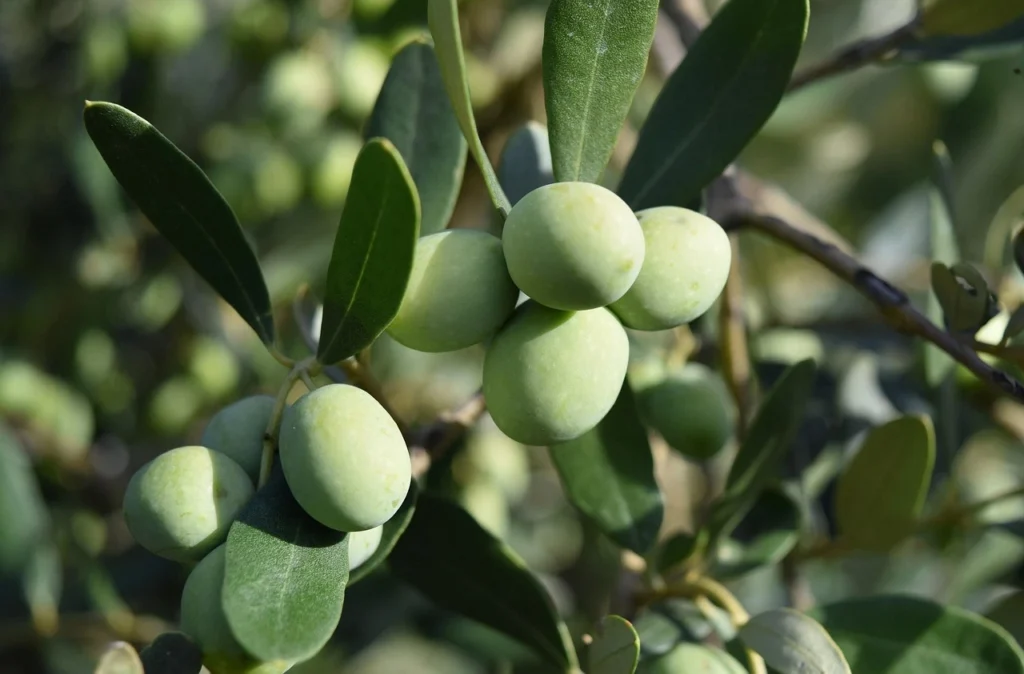
Can Olive Oil Be Used as a Long-Term Flavor Infuser?
Yes, olive oil can act as a long-term infuser of flavor. If prepared properly, the oil can hold and even deepen certain flavors over time. This is often done in the process of making gourmet oils and infused condiments.
To do this safely, make sure the food items you use are dry and clean. Water content in fresh foods can cause bacterial growth, including Clostridium botulinum, which is dangerous. This is why most commercially sold flavored oils are made with dried ingredients or are acidified to prevent risks.
With good storage conditions and the right ingredients, olive oil can keep its flavors strong for many weeks. It can even improve the flavor with age, making it a great tool for enhancing pasta, salads, bread, and meats.
Is Homemade Flavored Olive Oil Safe?
Homemade flavored olive oil can be safe if made and stored correctly. The biggest danger is bacterial growth, which happens when food items with moisture are stored in oil without refrigeration.
To avoid this, use dry ingredients and sterilized jars. You should also refrigerate any flavored olive oil you make at home. Commercially prepared versions usually go through acid treatment or are made with dried ingredients to stay shelf-stable.
If your oil smells sour or strange, throw it away. Always label the date on your jar so you know how old it is. Generally, it’s best to use homemade flavored olive oil within one month if kept in the fridge.
How Does Heat Affect Olive Oil’s Ability to Store Flavor?
Heat can both help and hurt olive oil when storing flavor. Warm temperatures help food flavors blend into the oil more quickly. But too much heat also breaks down the oil and ruins the flavor over time.
Cooking with olive oil and food together does transfer flavor quickly. For example, frying garlic in olive oil leaves a strong garlic flavor in the oil. But if the oil gets too hot, it starts to smoke, and that ruins both the flavor and health benefits of the oil.
For storage, always cool the oil down and keep it away from heat sources. Even the pantry should be cool and dark. This helps the oil preserve the flavor it has soaked up and stay fresh longer.
What’s the Best Way to Store Flavored Olive Oil?
The best way to store flavored olive oil is in a clean, dark glass bottle with a tight lid. Keep the bottle in a cool and dark place, such as a pantry or refrigerator.
Avoid clear bottles or containers made of plastic, as they allow light and air to enter, which damages the flavor. A dark, glass container is ideal. If you’re using the oil often, get a small bottle and refill it from a larger, safely stored jar to reduce air exposure.
If refrigerated, the oil might turn cloudy or thick, but this is normal and does not harm the flavor. Just let it sit at room temperature for a few minutes before use, and it will return to liquid form.
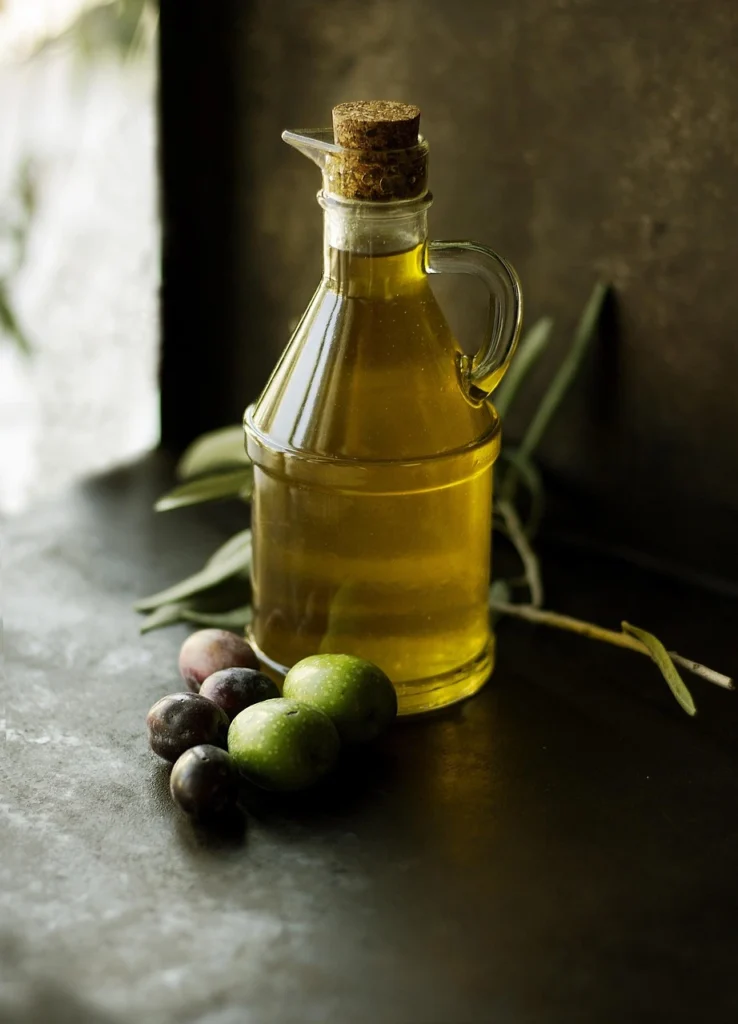
How to Tell If Flavored Olive Oil Has Gone Bad?
You can tell flavored olive oil has gone bad by smelling and tasting it. If the oil smells sour, like crayons, or has an off-taste, it’s probably rancid. This happens when oil is exposed to heat, air, or water for too long.
Visually, you might also see cloudiness or floating mold. That’s a clear sign to throw it away. If you used fresh herbs or garlic and didn’t refrigerate the oil, the chances of spoilage are higher. It’s always better to be cautious with oils infused at home.
Spoiled oil won’t just taste bad—it can also be harmful. So, when in doubt, do not use it. Make small batches of flavored olive oil that you can finish within 2–3 weeks to stay safe and enjoy the best taste.
Conclusion
Olive oil is one of the best natural carriers of flavor. It can store and hold on to the taste of herbs, garlic, citrus, and spices for weeks when properly handled. Whether you’re cooking or preserving, olive oil offers a safe and tasty way to enjoy enhanced flavors in your food.
However, safety comes first. Always use dried ingredients and clean containers, and store your flavored olive oil in cool, dark places. Refrigeration can further extend the freshness and taste. By understanding how olive oil holds flavor, you can make better meals and add gourmet touches to your everyday cooking.
FAQs
Can flavored olive oil be used in baking or frying?
Yes, you can use flavored olive oil in baking and frying. Garlic or herb-infused oil adds depth to breads, pizza crusts, and savory dishes. Just avoid high heat, as flavored oils can burn easily. Use medium heat or add the oil at the end for the best flavor.
Is it okay to reuse olive oil that was used to cook with herbs?
You can reuse olive oil that has cooked herbs, but only for a short time. After heating, the oil begins to break down. If it still smells and tastes good, reuse it once or twice. However, don’t store used oil for long, as it spoils faster and might carry bacteria.
Can olive oil be mixed with vinegar for long-term flavor storage?
Mixing olive oil with vinegar for flavor is fine short term, but not great for long-term storage. Vinegar and oil separate, and the moisture in vinegar may cause spoilage in oil. Store them separately and combine just before serving to avoid flavor breakdown or safety issues.



